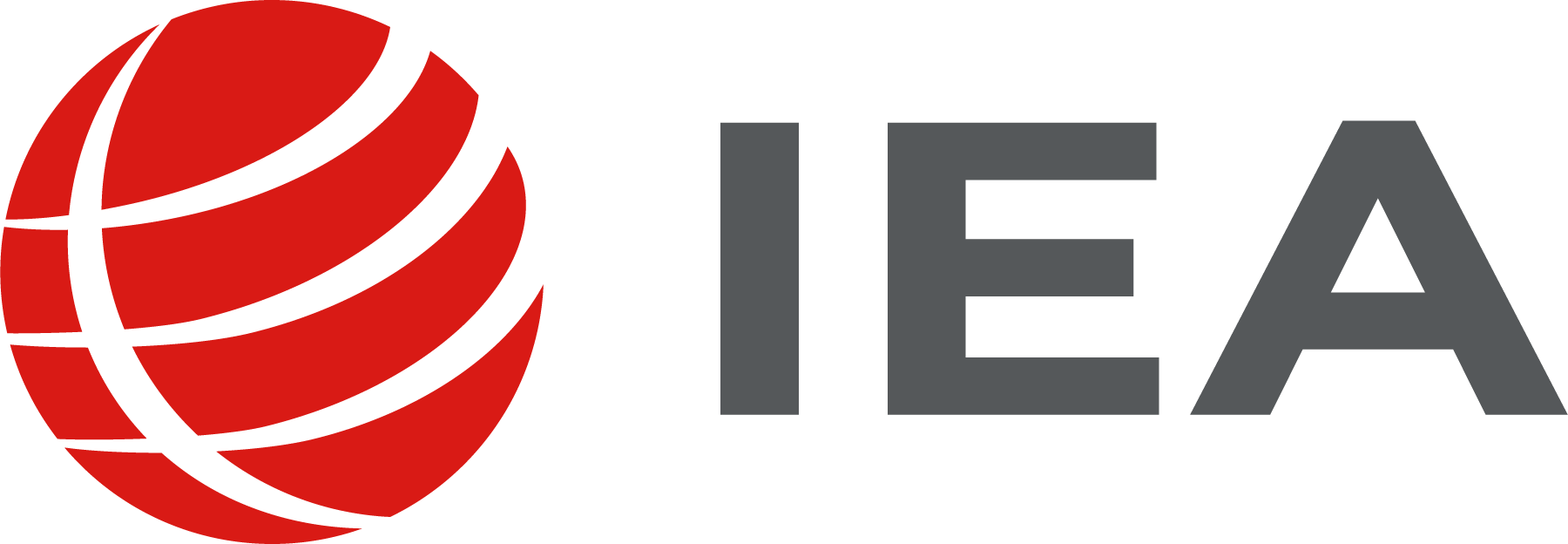TIMSS 2019 marks the seventh cycle of the study and provides 24 years of trends. Conducted every four years since 1995, TIMSS has been a valuable tool for monitoring international trends in mathematics and science achievement at the fourth and eighth grades.
TIMSS 2019 reported overall achievement, as well as extensive background information on the home and school contexts in which teaching and learning mathematics and science take place. Like the previous TIMSS assessments (conducted in 1995, 1999, 2003, 2007, 2011, and 2015), TIMSS 2019 collected detailed information about curriculum and curriculum implementation, instructional practices, and school resources.
The TIMSS & PIRLS International Study Center, at the Lynch School of Education, Boston College, United States, serves as the international study center for TIMSS 2019, working in close cooperation with the IEA, and the national centers of participating countries.
For the first time, TIMSS 2019 offered participating countries an option to administer the assessment in a digital format.
Tasks assessed students’ knowledge in all the areas covered by the TIMSS frameworks, including algebra, data and chance, physics, and chemistry. For example, fourth-grade students interacted with geometric shapes and patterns to demonstrate their mastery of fractions and symmetry, or arranged square flower boxes to explore the relationship between perimeter and area. Eighth-grade students helped to design a storage building by calculating its dimensions, or planned a plant growth experiment and then saw the results.
eTIMSS is designed to maintain continuity with TIMSS so that countries who choose this assessment option preserve their trend measurements.
Total number of participating entities in TIMSS 2019: 72
Albania; Armenia; Australia; Austria; Azerbaijan; Bahrain; Belgium, Flemish; Bosnia and Herzegovina; Bulgaria; Canada; Canada (Ontario); Canada (Quebec); Chile; Chinese Taipei; Croatia; Cyprus; Czech Republic; Denmark; Egypt; England; Finland; France; Georgia; Germany; Hong Kong SAR; Hungary; Iran, Islamic Rep. of; Ireland; Israel; Italy; Japan; Jordan; Kazakhstan; Korea, Rep. of; Kosovo; Kuwait; Latvia; Lebanon; Lithuania; North Macedonia, Republic of; Malaysia; Malta, Montenegro; Morocco; Netherlands; New Zealand; Northern Ireland; Norway; Oman; Pakistan; Philippines; Poland; Portugal; Qatar; Romania; Russian Federation; Russian Federation (Moscow); Saudi Arabia, Kingdom of; Serbia; Singapore; Slovak Republic; South Africa; Spain; Spain (Madrid); Sweden; Tűrkiye; United Arab Emirates; United Arab Emirates (Abu Dhabi); United Arab Emirates (Dubai); and United States.
Benchmarking entities are listed in brackets.
Student Achievement in Mathematics and Science
About half the countries showed gender equity in average mathematics and science achievement. However, at the fourth grade, boys outperformed girls in mathematics in nearly half of the 58 countries and girls outperformed boys in science in 18 countries. Girls also outperformed boys in science in 15 of the 39 countries at the eighth grade.
An early start in education has a lasting effect through the fourth grade. Fourth grade students had higher achievement, on average, when their parents had engaged them in literacy and numeracy activities at an early age in the home, when the students had attended preprimary education, or when they had literacy and numeracy skills upon entering primary school.
School Environment
Many students are in supportive school environments. More than half the students at both grades attended schools that emphasize academic success. Especially at the eighth grade, students attending schools with a greater emphasis had higher achievement. In both grades, students with a higher sense of school belonging had higher achievement. A high sense of belonging was reported by 58 percent of students in the fourth grade, but by fewer in the eighth grade (37%).
Most students were in safe school environments. Most fourth and eighth grade students (about 90%) attended well-disciplined and safe schools. Higher average achievement was associated with attending schools with fewer school discipline problems and safer and more orderly school environments.
Most students were never or almost never bullied. TIMSS asked students about how often they experienced various bullying behaviors by other students, including online cyberbullying, with more extreme behaviors included at the eighth grade. The 6-8 percent of students that reported being bullied weekly had considerably lower average achievement.
Student Attitudes and Confidence
Students like learning mathematics and science. At the fourth grade, 80 percent said they liked learning mathematics compared to 88 percent in science. At the eighth grade, the percentages were lower—59 percent liked learning mathematics and 79 percent science.
Students start out confident at the fourth grade in both mathematics (76%) and science (81%). However, substantially smaller percentages of eighth grade students were confident in these subjects (57% in mathematics and 62% in science).
Teacher Development and Instruction
Teachers’ reported a sizable gap between their professional development needs and opportunities. Less than half the students had teachers with recent professional development in integrating technology in instruction and improving students' critical thinking skills, but about 70 percent had teachers needing more such professional development.
Greater clarity of instruction was associated with higher student achievement in both subjects and grades. About three-quarters of fourth grade students reported that their teachers’ instruction was clear, but less than half the eighth grade students did so.
